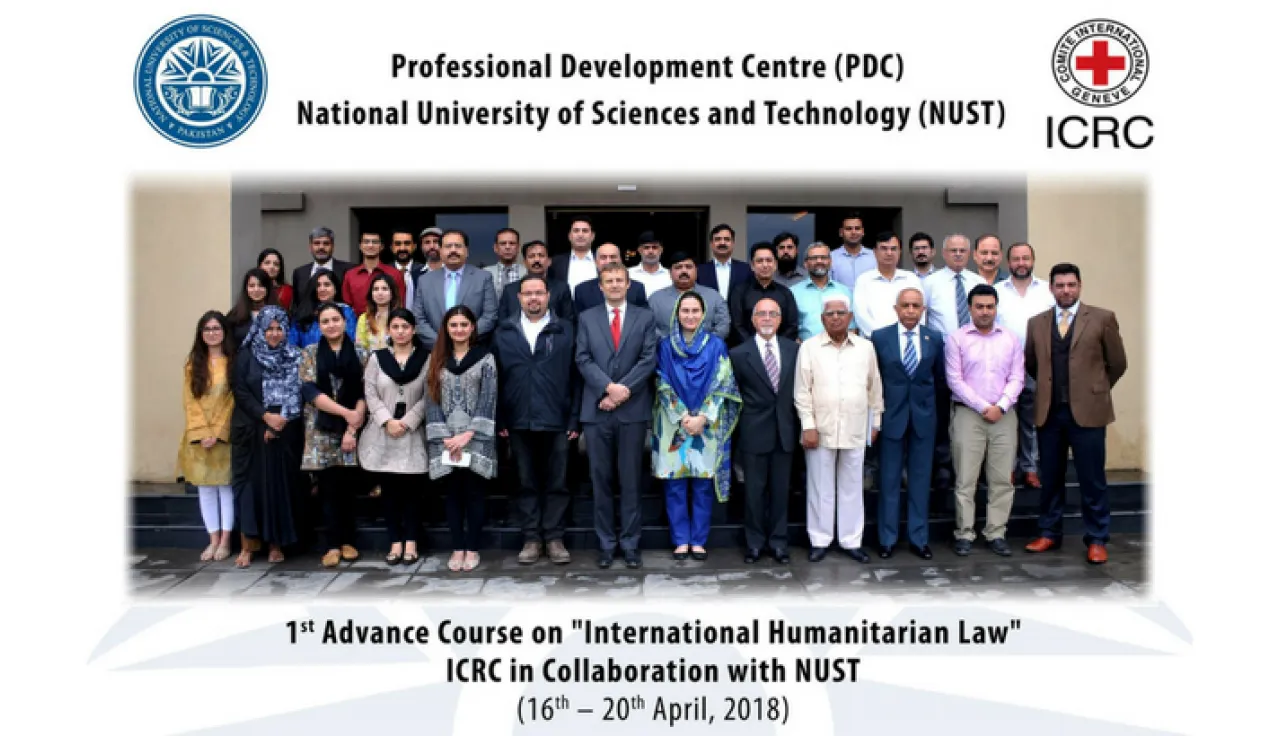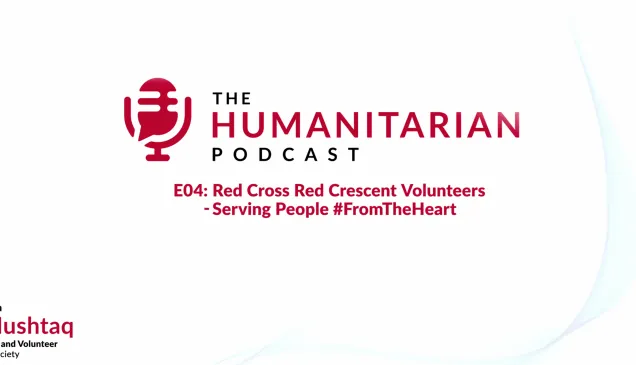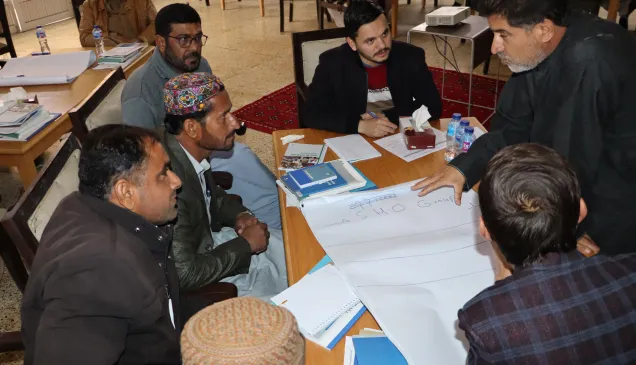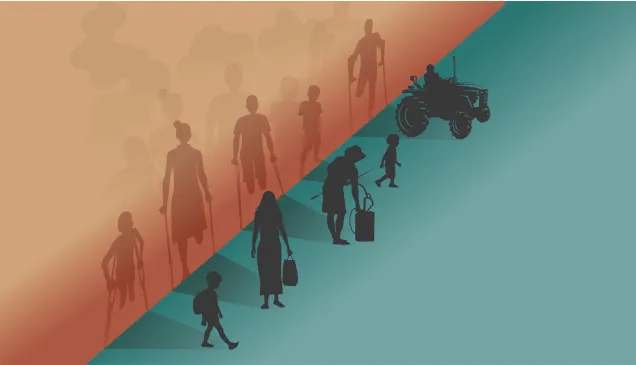Engaging practitioners on the application of international humanitarian law (IHL)

First Foundation Course on International Humanitarian Law
Presently, the world faces more than 40 instances of armed conflict and other situations of violence across Asia, Africa and the Middle East. The armed forces, whether operating inside the state, engaging on the borders or deployed abroad, majorly influence the implementation of IHL in the field.
Keeping this is mind, the ICRC – in collaboration with the National University of Science and Technology (NUST) – organized the first foundation course on IHL from 2 to 13 October 2017. The partnership with NUST is a step towards increasing awareness and understanding of the law of armed conflict among the civil society, armed forces, the legal community, media and government officials. It was encouraging to see over 30 participants from across Pakistan and abroad attend the first foundation course and use the common platform to take forward their understanding of the humanitarian law.
As somebody who teaches IHL to the armed forces in Malaysia, Major Retd, Muhammad Ramli Osman found the course beneficial. He is the director of the Malaysian Centre for Military Law and International Humanitarian Law, an institution that is a collaboration between the National Defence University of Malaysia and the ICRC delegation in Malaysia. "This course helped me understand the mechanics of humanitarian law through the experience of experts from within and outside Pakistan," he said.
The 14-day course empowered participants to analyse contemporary IHL issues and suggest steps for increased compliance with the law through interactive lectures, tutorials and exercises.
Brig. Mirza Saleem Baig, head of the Peacekeeping Training Department at NUST, said the collaboration between his organization and the ICRC was a step towards empowering peacekeepers to fully embrace their role in situations of armed conflict.
In order to strengthen the ICRC-NUST partnership, an advanced course has been added to the curricula in 2018.



